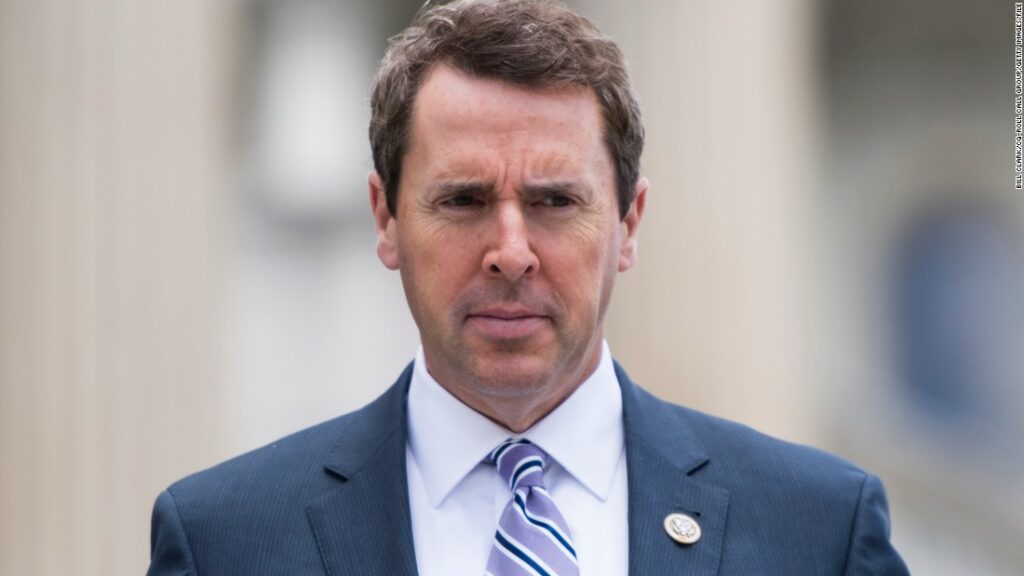
The political journey of Mark Walker, especially his recent endeavors, is a stark reminder of how quickly a principled stand can deteriorate into self-serving corruption. Once a proponent of a six-year term limit in Congress, Walker has now blatantly contradicted his own words, entangling himself in the very depths of D.C. politics he vowed to avoid. This blog seeks to dissect Walker’s political life, shedding light on the repeated deceptions and self-interest that define his actions, far removed from the promises made to the people of N.C. District 6.
The Shattered Term Limit Pledge: Walker’s pledge for term limits, once a fundamental aspect of his political identity, now appears to be nothing more than a strategic facade. His recent maneuver to re-enter Congress stands in direct opposition to his earlier commitment, painting a clear picture of a politician whose words cannot be trusted. This breach of promise is not merely a political pivot but a stark revelation of his true character.
Entrenched in Corruption and the D.C. Swamp: Walker’s involvement in a federal corruption probe in North Carolina is alarmingly indicative of a politician not just swayed by, but actively engaging in corrupt practices. Reports of his connections with indicted individuals for bribery and wire fraud suggest a deep-seated inclination towards the unsavory aspects of political life, betraying the trust of those he represents.
Opportunism and Financial Impropriety: The allegations surrounding Walker’s mishandling of campaign funds and his unethical propositions to navigate financial loopholes further tarnish his credibility. This behavior transcends financial mismanagement, reflecting a broader pattern of opportunistic behavior that prioritizes personal gain over ethical governance.
A Series of Unsuccessful Political Endeavors: Walker’s string of failed attempts to secure various political offices, culminating in a desperate return to Congress, is indicative of a man driven by a thirst for political power rather than a commitment to public service. His actions suggest a preference for personal advancement over the genuine needs and interests of his constituents.
Dubious Qualifications and Intentions: Walker’s background, primarily rooted in religious service and devoid of substantial experience in critical areas like economics, law, or foreign affairs, raises significant doubts about his capability to handle complex issues facing the district. His establishment of organizations purportedly aimed at furthering political ambitions casts a long shadow over his true intentions.
The narrative of Mark Walker unveils a politician deeply mired in self-interest and deceptive practices, far removed from the ideals of public service he once espoused. For the voters of N.C. District 6, his journey from a promise-maker to a participant in D.C.’s murky politics serves as a stark warning. The need for leaders with unwavering integrity and dedication to their constituents has never been more critical.
We, the voters, must take a stand. The tale of Mark Walker urges us to scrutinize the actions and promises of our politicians. Let’s commit to choosing leaders who not only make pledges but possess the moral fortitude to uphold them. The future of N.C. District 6 hinges on our ability to elect representatives who embody true public service, not self-interest. The choice is ours, and it must be made wisely.